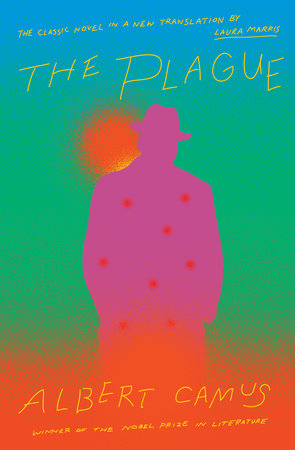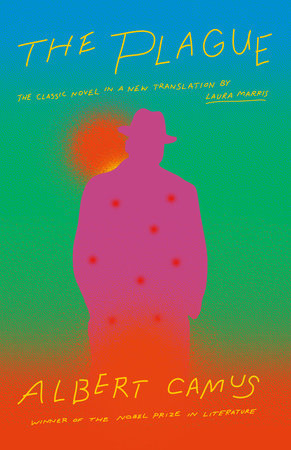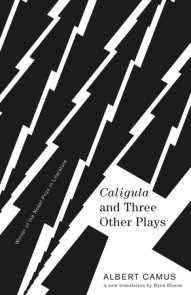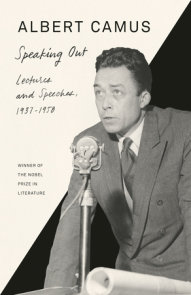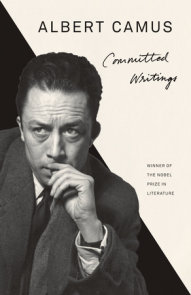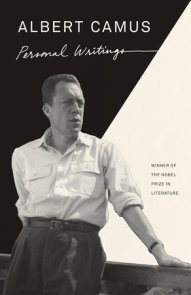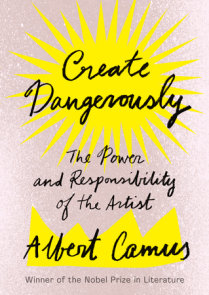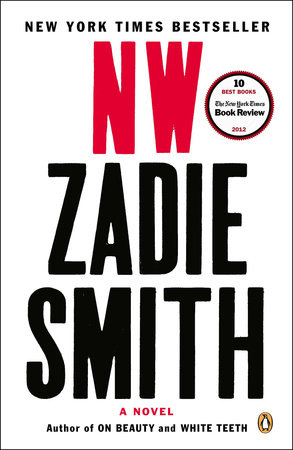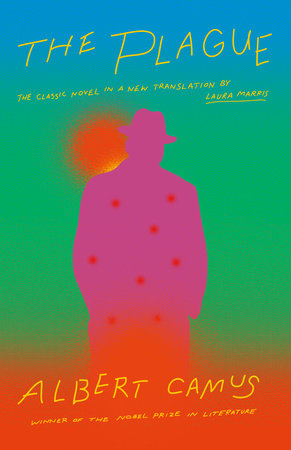

The Plague
By Albert Camus
Translated by Laura Marris
By Albert Camus
Translated by Laura Marris
By Albert Camus
Translated by Laura Marris
By Albert Camus
Translated by Laura Marris
By Albert Camus
Translated by Laura Marris
By Albert Camus
Translated by Laura Marris

-
$17.00
Oct 25, 2022 | ISBN 9780593082096
-
$28.00
Nov 16, 2021 | ISBN 9780593318669
-
Nov 16, 2021 | ISBN 9780593318676
YOU MAY ALSO LIKE
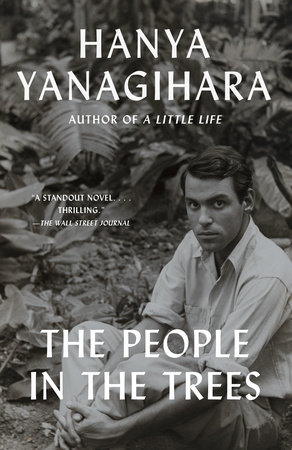
The People in the Trees
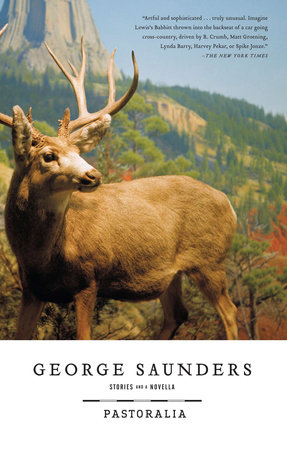
Pastoralia
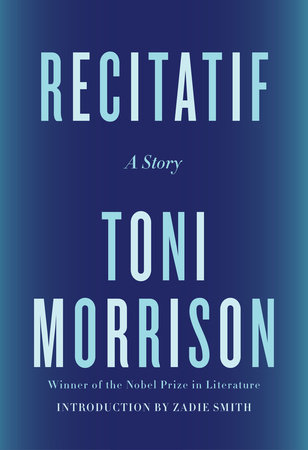
Recitatif
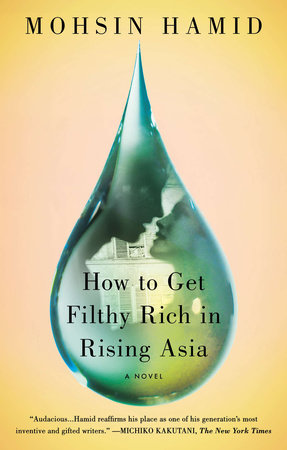
How to Get Filthy Rich in Rising Asia
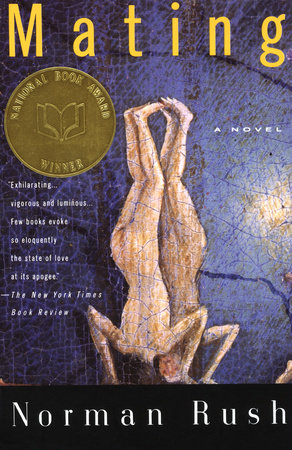
Mating
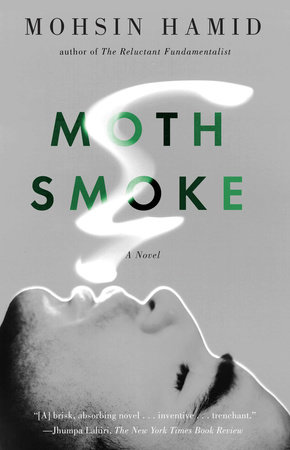
Moth Smoke
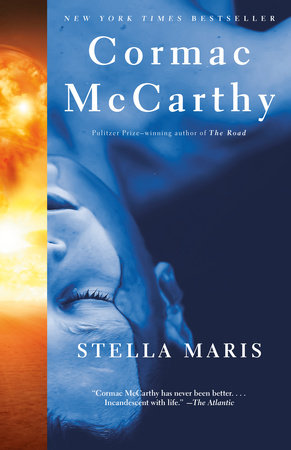
Stella Maris
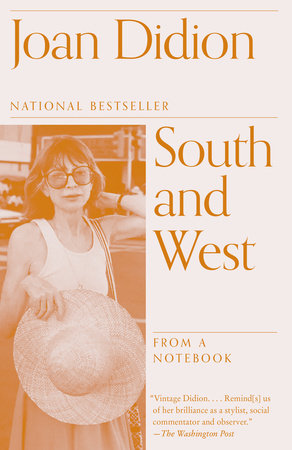
South and West
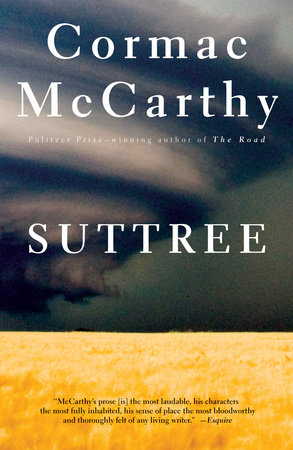
Suttree
Praise
“It takes no time to see that Ms. Marris’s version is handily superior.”
—Sam Sacks, The Wall Street Journal
“[An] extraordinary translation. . . . Brings the book into the twenty-first century with a vengeance.”
—Andrew Martino, Reading in Translation
“The novel could be issuing a warning. . . Under what conditions can the truth of social deprivation be seen?”
—Jacqueline Rose, London Review of Books (“Pointing the Finger: Jacqueline Rose on The Plague“)
“Camus is a thinker of our age. . . [The Plague] is a testament to hope, resistance, and humanity.”
—Mugambi Jouet, Boston Review (“Reading Camus in Time of Plague and Polarization”)
“[Camus] believed that the actual historical incidents we call plagues are merely concentrations of a universal precondition, dramatic instances of a perpetual rule: that all human beings are vulnerable to being randomly exterminated at any time, by a virus, an accident or the actions of our fellow man . . . He speaks to us in our own times not because he was a magical seer who could intimate what the best epidemiologists could not, but because he correctly sized up human nature.”
—Alain de Botton, The New York Times (“Camus on the Coronavirus”)
“Its relevance lashes you across the face . . . At first, the epidemic, like all catastrophes, secretly confirms what everyone knew already; that is, it extends the narcissism of the times into the new era, often via the forbidden hope — that it will smite one’s enemies while sparing oneself . . . Eventually, the town lapses into a kind of collective despondency with one predictable exception: the enduring complacency of ‘a privileged few, those with money to burn.’”
—Stephen Metcalf, The Los Angeles Times (“Albert Camus’ The Plague and our own Great Reset”)
“The microbe has no meaning; we seek to create one in the chaos it brings . . . The plague, as Camus insisted, exposes existing fractures in societies, in class structure and individual character; under stress, we see who we really are.”
—Adam Gopnik, The New Yorker (“The Coronavirus Crisis Reveals New York at Its Best and Worst”)
“Through his characters, Camus examines how people respond as individuals – and as part of a collective – to suffering and death. Whether it is a solitary experience or a show of social solidarity, nobody is indifferent.”
—Kim Willsher, The Guardian (“Albert Camus novel The Plague leads surge of pestilence fiction”)
“[In The Plague], Camus’s canonical treatment of a fictional bubonic plague outbreak in the Algerian city of Oran, the Nobel laureate trained a piercing eye on life under quarantine, with all its strangeness and misery. But the novel also takes seriously the lessons these trying moments can teach – treats them, even, as a kind of redemption.”
—Eric Andrew-Gee, The Globe and Mail (“The hope at the heart of Albert Camus’s plague novel, La peste”)
“Camus was preoccupied with the absurd . . . In The Plague he found a lens for projecting life at once suspended and more vivid . . . It is a redemptive book, one that wills the reader to believe, even in a time of despair.”
—Roger Lowenstein, The Washington Post (“In Camus’ The Plague, lessons about fear, quarantine and the human spirit”)
“[A] gorgeous and profound meditation on life in the shadow of death . . . I can’t think of a better book to recommend to anyone just now . . . A cautionary tale on how to mismanage a crisis, an encyclopedia of human psychology, and of course a terrifying worst-case scenario for our current predicament . . . More important than the answers it provides are the questions it forces us to ask. What matters? Why do we live? How durable are our values? What do we owe one another? What is heroism? What is decency?”
—Daniel Akst, Strategy + Business (“Business Lessons from Albert Camus”)
“A humanist allegory for the trapped desolation of Nazi-occupied Europe, and the alternate cowardice and bravery in the face of a rampant death machine.”
—Keziah Weir, Vanity Fair (“An Epidemic Novel for Every Kind of Reader”)
“[Camus] helps us understand our own responses, as a community and as individuals, in the face of extraordinary challenges.”
—David Hage, The Star Tribune (“Albert Camus helps us understand our responses during this crisis”)
“The most telling passages in The Plague today are Camus’ beautifully crafted meditative observations of the social and psychological effects of the epidemic on the townspeople . . . Epidemics make exiles of people in their own countries, our narrator stresses. Separation, isolation, loneliness, boredom and repetition become the shared fate of all.”
—Matthew Sharpe, The Conversation (“Guide to the Classics: Albert Camus’ The Plague”)
“Surprisingly uplifting.”
—Courtney Vinopal, PBS News Hour (“8 books to read in the time of the coronavirus”)
21 Books You’ve Been Meaning to Read
Just for joining you’ll get personalized recommendations on your dashboard daily and features only for members.
Find Out More Join Now Sign In






